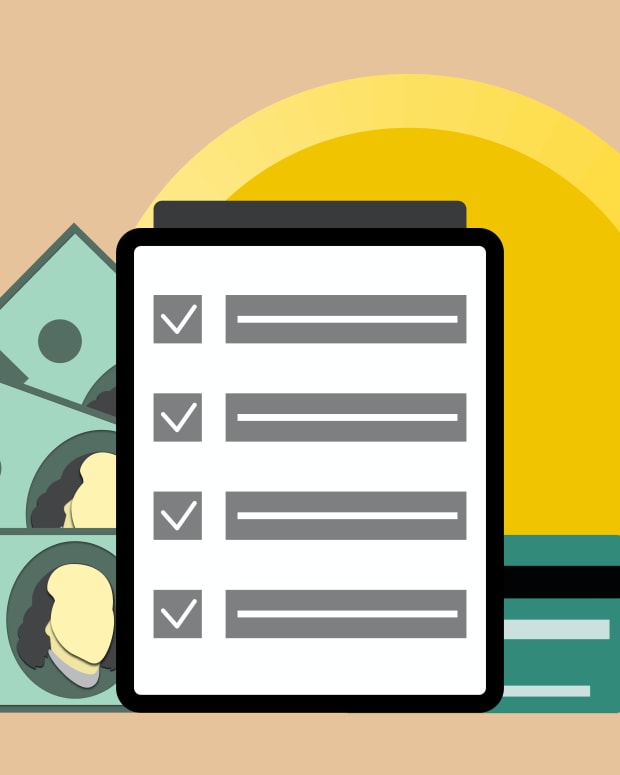
How to Manage Your Holiday Spending
By Thomas Rindahl, CFP
Well, it is that time of year again. There is a chill in the air. The leaves have all turned color and begun to fall. Our thoughts entertain ideas of holiday shopping and celebrations. It is also a good time to remind ourselves (before it’s too late) not to overdo it!
What do I mean by this? Spending. Yes, I know. Spending is key to the economy. And of course, we are all doing our civic duty by going out there to spend, spend, spend! But let’s get real. The vast majority of holiday spending is put on credit cards every year. It has been documented that Americans spend roughly 10-20% more if they use credit cards than if they would have just used cash. And the average interest rate on a credit card ranges between 15-20%, depending on whose survey you are referencing. Do you see the snowballing effect here? You put the holiday spending on a credit card. You overspend while you are doing it and you’re paying an additional 15-20% for the convenience of doing it! If this doesn’t spell out a financial train wreck, I don’t know what does.
Follow us on Instagram and Twitter!
Now, I am not saying that using a credit card is bad per se. Credit can be good. That is what your lenders trust you to borrow and pay back. But if you don’t pay it back when the bill comes in, then what was a cash flow convenience has become debt! Now you have effectively given yourself a deduction in income. You may be thinking, “Come on Thom, that’s not right!” It is! Think about it. When you carry debt, you have what is called a debt-to-income ratio. You have a $10,000 income per month and a $1000 debt payment, your DTI is 10%. But as you increase the amount of debt you carry, that ratio goes up. But how is that a deduction of income? Because more and more of your income must service that debt. It is easy to see that when overspending and paying interest on that spending come into play, financial prudence can spiral out of control no matter how good of intentions may be there. Paying for all your normal costs of life (food, housing, taxes, etc.) becomes much more difficult to afford when 10%, 20%, 30%, 40%, or more of your money is going to pay off old debt.
Ways to not fall into this debt trap.
I am going to use the dreaded “B” word. Use a budget! Plan out the spending. Decide upfront what you will spend on the holidays (gifts, entertaining, events, etc.). Then “pre-pay” for those items by setting aside the cash to pay for them all so that you don’t accidentally overspend. If you really want to use your credit card to get points or rewards, then be deliberate. Keep a record of the spending to keep yourself on track. You can still set the funds aside so that you can pay off the bill when it comes in. This may not be fun for the holidays, but controlling your budget is important and it means that you need to make prudent thoughtful choices. Americans are already in $887 billion of credit card debt, but you don’t need to be!
About the author: Thomas Rindahl
Thomas Rindahl, PhD, MBA, CLU®, ChFC®, CFP®, LUTCF, BFATM, is a financial advisor in Tempe, AZ. Through comprehensive and holistic financial planning, he has helped his clients to navigate the twists and turns of life for over 20 years.
Securities offered through Securities America, Inc., Member FINRA/SIPC. Advisory services offered through PFG Advisors. TruWest Wealth Management Services, TruWest® Credit Union, Securities America, and PFG Advisors are separate entities. Securities, insurance, and advisory offered through Securities America, PFG Advisors or their affiliates are: Not NCUA insured. No credit union guarantee. Not credit union deposits or obligations. May lose value.











